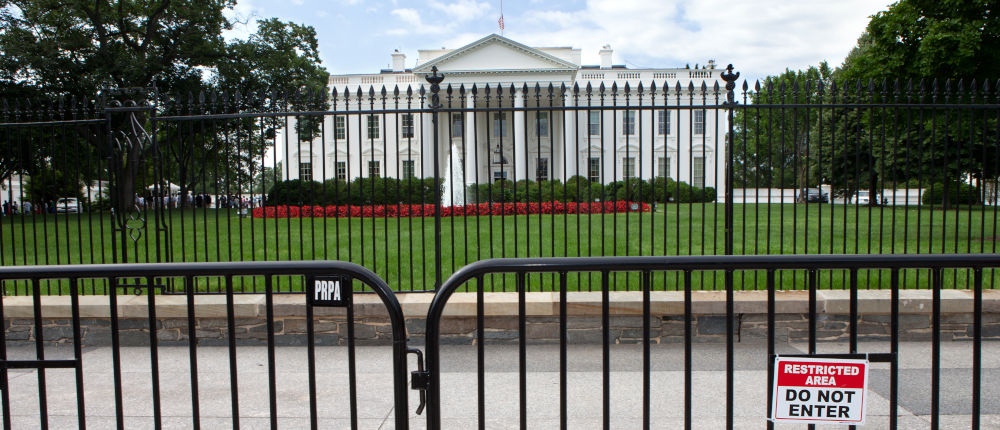White House Pushes for Security
Since the ransomware attack on the Colonial Pipeline last month, the US government has become more vocal on the need for industrial cybersecurity. A recent memo from the White House to corporate executives and business leaders across the country urges them to protect their companies against hackers. Among the action items is the need to segment networks, to isolate OT from IT.
“It’s critically important that your corporate business functions and manufacturing/production operations are separated,” the memo states, “and that you carefully filter and limit internet access to operational networks, identify links between these networks and develop workarounds or manual controls to ensure ICS networks can be isolated and continue operating if your corporate network is compromised.”
The memo says that although the government is leading the fight against cyber attacks of all kinds, the private sector is also expected to play their part. They are urged to back up data, update systems, and test response plans and implementations. The memo also listed five best practices from the president’s Improving the Nation’s Cybersecurity Executive Order, including:
- Multifactor authentication
- Endpoint detection
- Response to an incursion
- Encryption
- A capable security team
Isolate Control Networks
Most of the recommendations could apply to any system or network exposed to the Internet, but the White House also included one directly related to industrial systems: Segment your networks to protect operations. Industrial control system networks, it says, should be isolated so they can continue operating even when the management network is compromised.
This was the case with the Colonial Pipeline incident last month. Although the hack caused turmoil in the company and a week of problems for the whole East Coast of the US, it could have been much worse. If the hackers had been able to take control of the pipeline itself, we might have witnessed physical damage both to property and the environment.
To avoid such problems, isolating control networks is critical. This is best accomplished using a DMZ, a “demilitarized zone” that separates control systems from management systems. Using a DMZ ensures that there is no direct link between corporate networks and control networks, and that only known and authenticated actors can enter the system at all.
Skkynet recommends using a DMZ for OT/IT networking, and provides the software needed to seamlessly pass industrial data across a DMZ-enabled connection. Most industrial protocols require opening a firewall to access the data, but Skkynet’s patented DataHub architecture keeps all inbound firewall ports closed on both the control and corporate sides, while still allowing real-time, two-way data communication through the DMZ.
We are pleased to see support for securing industrial control systems coming from the White House and US government, as well as governments and agencies throughout the industrialized world. A more secure environment will keep costs down and production running smoothly by keeping hackers out of our control systems.




